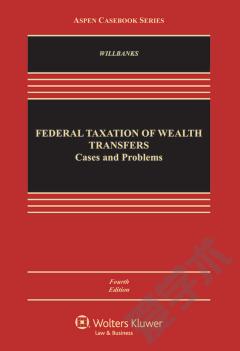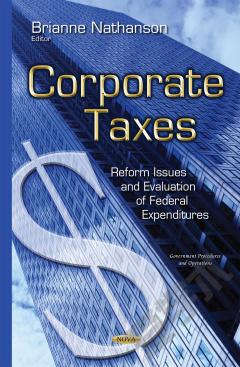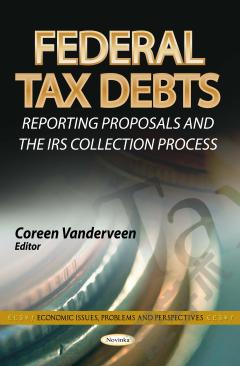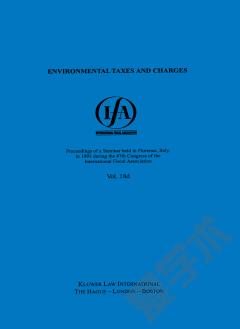IFA: Taxation Issues in a Federal State and Economic Groupings —— Taxation Issues in a Federal State and Economic Groupings
----- 国际财政协会(IFA):联邦制国家与经济群体的税收问题
The formation of economic groupings to foster free trade among sovereign member states is one of the most remarkable developments of the second half of the 20th century. These groupings, unlike those of a federal state, fall short of political union status. In the area of taxation, however, an economic grouping and a federal state with concurrent taxing authorities share common issues.The papers in this book were prepared for a recent panel on the subject at the 50th Congress of the International Fiscal Association (IFA). The panel brought participants from various parts of the globe together to examine the United States of America, Australia, and Brazil as federal states and the European Union as a non-federal economic grouping.The conference discussion centered on four principles:? non-discrimination and the notion that free trade could only be achieved if the individual member states were prohibited from using local tax measures to inhibit the free flow of goods and services within the zone;? 'locational neutrality,' limiting the ability of local taxing authorities to enact taxing measures which, for example, give tax incentives to enterprises of another member state and which result in distortions in the economy, and `national coherence', the often-advocated solution to this result;? enforcement and collection of taxes; and? desirability of having the member states of the federal states or economic grouping uniformly bound by international commitments made by their central authority.Through these various topics emerges the conclusion that, despite the universal recognition that the taxing power of individual member states must be limited, no single solution will achieve the overriding goal of the free flow of goods, capital, and people.
{{comment.content}}








 京公网安备 11010802027623号
京公网安备 11010802027623号